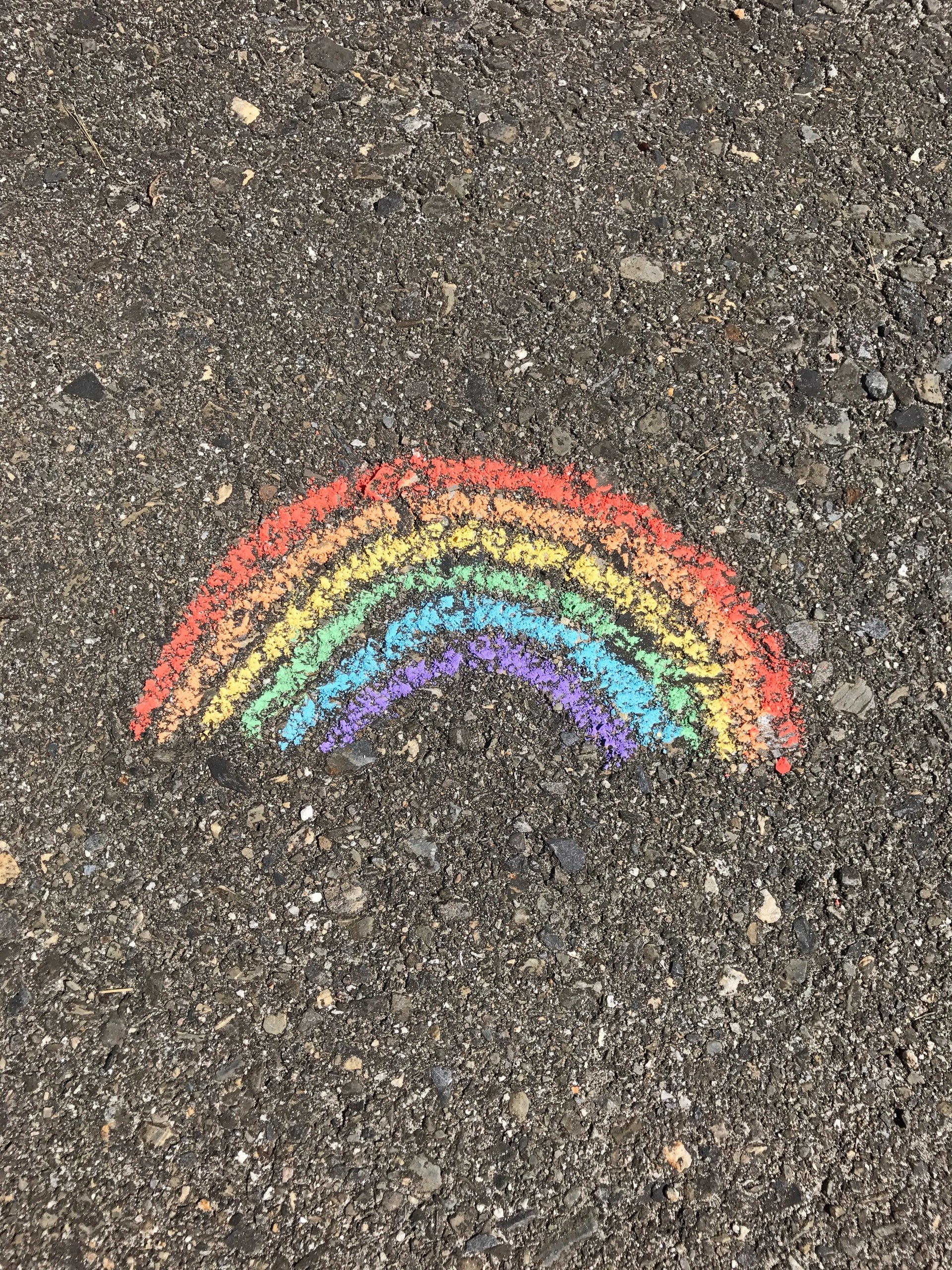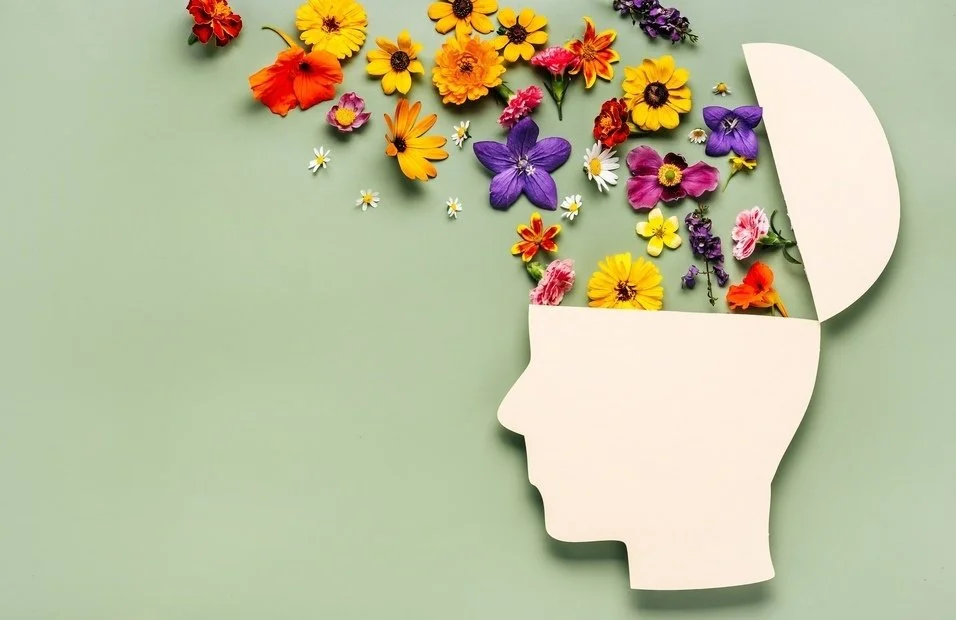Making Mental Health a Priority During Pride Month
June 1st marks the start of pride month, and this year we’re shining a light on how mental health issues disproportionately affect children and adults in the LGBTQIA* community. Along with mental health disparities, those in this community also experience societal stigmas, discrimination, and denial of their human and civil rights.
The Lesbian, Gay, Bisexual, Transgender, Queer, Questioning, and Intersex community represents a wide spectrum of identities and expressions of gender and sexual orientation. In addition to this diversity, members of the community are also diverse in religion, race, socioeconomic status, nationality, and ethnicity. Because of this intersectionality, the LGBTQI community provides diversity in perspective and experiences. Understanding the complexities is essential to understanding the pride and resiliency that exists within the community.
Along with the benefits of diversity throughout the LGBTQIA community, unique challenges also arise. For those who identify with this community, it’s important to understand how your experience with your identity relates to your mental health.
It’s important to recognize that the mental health research often does not include the broader spectrum of the LGBTIA community. Most mental health research focuses on Lesbian, Gay, Bi and Transgender individuals.
According to the National Association on Mental Illness (NAMI), LBG adults are nearly more than twice as likely to experience anxiety or depression than their heterosexual counterparts. Transgender individuals are more than four times as likely as cisgender individuals to experience a mental health condition.
LGB youth also have a higher risk of experiencing mental health conditions and suicidal tendencies. LGB youth are twice as likely as their heterosexual peers to experience feelings of loneliness and hopelessness. Transgender youths face further consequences than their LGB peers. Transgender youths are twice as likely as LGB youth to seriously consider suicide or attempt suicide.
So, what can we do to support and prioritize mental health for our LGBTQIA loved ones?
Identify as an Ally
Telling your LGBTQIA loved ones that you not only accept them but also support them is extremely important. It can be as simple as putting an ally sticker on your laptop or water bottle. A queer persons support system can make a huge difference in their life. Most of the time, in order for an LGBTQIA person to feel safe enough to come out, they need a strong support system and loved ones in their corners. So be that person for them. Let them know your love and support is unconditional. Never assume a loved ones sexuality or identity, let them come to you when they feel safe enough to do so.
Show Up
Attend your local PRIDE celebration like a parade, drag show, fundraiser, or festival. Show up and show how proud you are to be an ally!
Learn about LGBTQIA* History
This month is more than rainbows and celebratory songs. PRIDE month acknowledges the progress for the LGBTQIA community and honors the individuals whose hard work and sacrifice has made that progress possible. PRIDE wasn’t always a fun celebration as it is today, it actually began as a protest in 1969. Raids in queer safe havens like clubs and bars were common. When police raided the Stonewall Inn in New York City, members of the LGBTQIA community decided to fight back. This uprising sparked a movement across the world. Spend time learning about the history and struggles of the LGBTQIA movement this year.
Educate Yourself
It’s important to familiarize yourself with LGBTQIA terminology and societal issues that affect the community. Don’t put the burden of educating you on your LGBTQIA loved ones, it can be exhausting for them and it’s not their responsibility. It’s yours. Take time to learn about the importance of pronouns and make an effort to adjust your vernacular. Learn about how societal issues disproportionately affect the queer community. Be an advocate.
Donate
If you have disposable income or the ability to donate, find a LGBTQIA charitable organization and donate. Many of these organizations are the life support of the LGBTQIA community. When you donate to these organizations, you are ensuring that they can continue to provide necessary support to the queer community.
If you or someone you love is a member of the LGBTQIA* community and need support, please reach out to us. Our team of therapists is here to provide support and guidance. We look forward to connecting with you.






